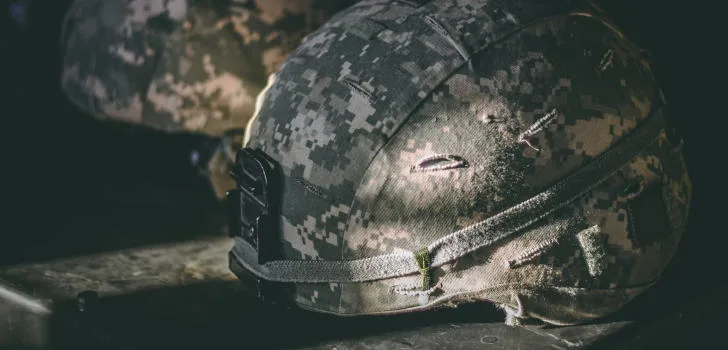Two D.C. lawmakers have introduced a bill to provide equal access to medical cannabis for United States military veterans.
Last week, Earl Blumenauer (D-OR) and Brian Mast (R-FL) introduced the bipartisan Veterans Equal Access Act (VEAA).
VEAA would authorize Department of Veterans Affairs (VA) healthcare providers to provide recommendations and opinions on cannabis for veterans.
If signed into law, VEAA would allow VA-employed physicians to play a more active role in their patients’ cannabis medication.
VEAA would allow VA physicians in states with medical cannabis policies to provide recommendations and assist with program enrollment.
“I cannot tell you how many times I’ve visited VA clinics and had veterans tell me that medical marijuana saved their life,” says Blumenauer. “This legislation is a long overdue step that will benefit millions of our veterans who deserve equal access as their civilian counterparts to state-legal marijuana programs.”
VEAA builds on progress made by VHA Directive 1315, which authorized VA doctors in medical states to discuss cannabis use.
Blumenauer says current law can prohibit VA physicians from discussing medical cannabis with their patients.
The Congressman says veterans receiving VA care can’t receive medical cannabis program enrollment forms—regardless of state legality.
Blumenauer says VEAA would end this disservice to our veterans.
Many people use cannabis to treat a variety of symptoms, including chronic pain, PTSD, insomnia, anxiety, and depression.
According to an American Journal of Drug and Alcohol Abuse study, 50 percent of veteran medical cannabis use is to replace prescription medication.
Sixty percent of those surveyed use medical cannabis instead of alcohol.
VEAA co-sponsor Mast says the veteran population needs help, and medical cannabis can provide an alternative to opioids.
Mast understands the need on a personal level, having served as a combat engineer in the U.S. Army.
Mast was an explosive ordnance disposal technician under the Joint Special Operations Command while deployed in Afghanistan.
The last device that Mast found exploded, resulting in catastrophic injuries, which included losing both legs and his left index finger.
Mast says he was on a laundry list of medications, including antidepressants and opiates, after recovering from Walter Reed.
“Thankfully, I was able to quit cold turkey, but there’s thousands who aren’t able,” says Mast. “Our veteran population is facing multiple epidemics, including addiction and suicide, and we owe it to them to make sure they’ve got every tool possible in the arsenal to deal with the impacts of battle—that includes medical cannabis.”
Mast says that while he was at Walter Reed, his father gave him some advice that he took to heart.
His father said to ensure that his greatest service to America and the best example for his children was still ahead.
Mast remains true to his father’s advice by introducing VEAA with Congressman Blumenauer last week.

